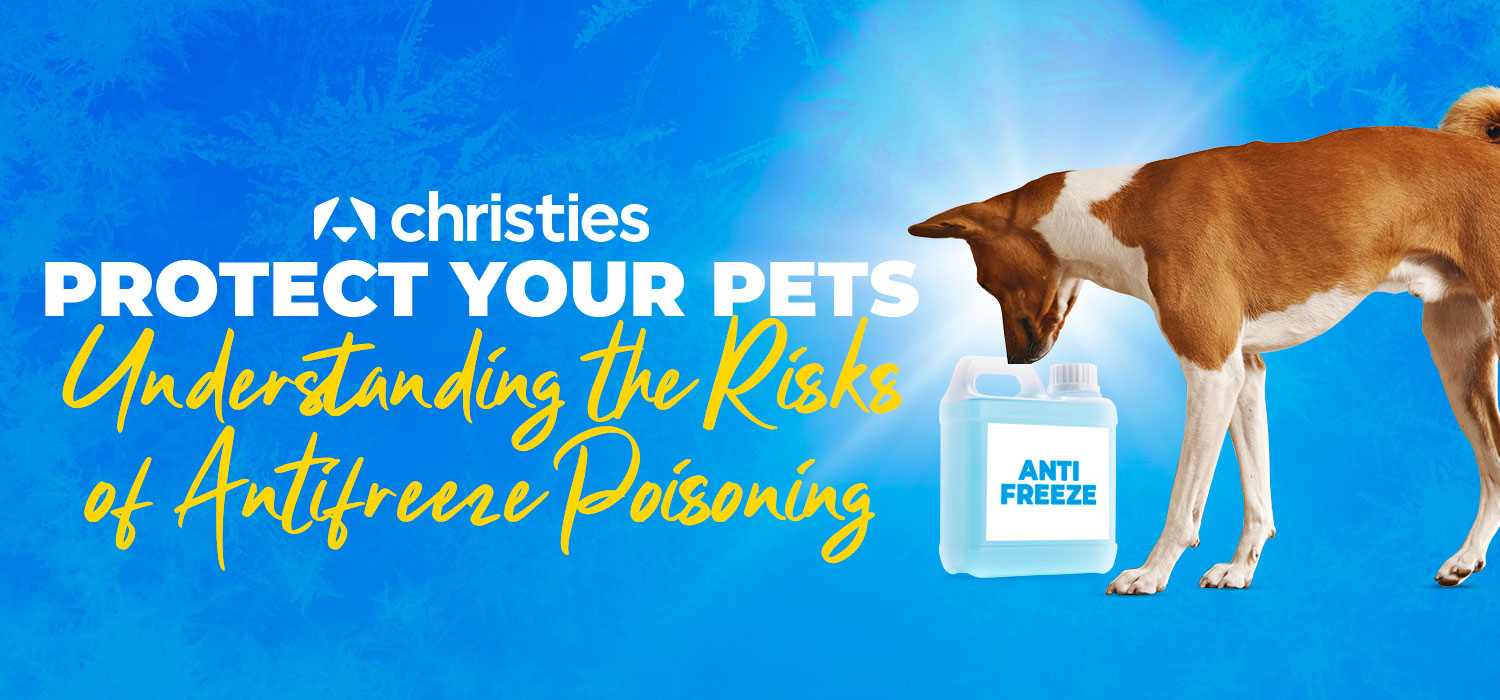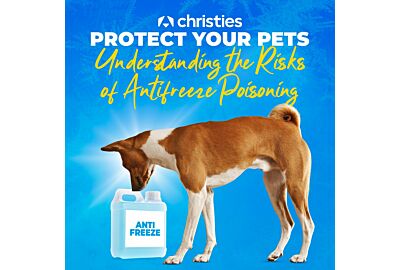

Imagine your beloved pet playing in the garage, where danger lurks unseen. Among the various items stored there, antifreeze is one that often goes unnoticed for its potential threat to our furry friends. This blog aims to shed light on the serious risk posed by antifreeze to pets and emphasises the need for pet owners to be vigilant.
What is Antifreeze? Antifreeze is a liquid used in car radiators and heating systems to prevent freezing. The primary ingredient in many antifreeze products is ethylene glycol, a substance highly toxic to pets. While there are safer alternatives like propylene glycol, they can still pose a risk if ingested in large quantities.
Why is Antifreeze Dangerous to Pets? Ethylene glycol, when ingested, metabolizes into substances that cause severe damage to the kidneys and central nervous system of pets. A small amount, such as a teaspoon, can be fatal for a small animal. The sweet taste of antifreeze makes it particularly attractive to pets, increasing the risk of accidental ingestion.
Symptoms of Antifreeze Poisoning in Pets: The early signs of poisoning can appear within 30 minutes to 12 hours and include vomiting, excessive urination, and coordination issues. Within 24 to 72 hours, more severe symptoms like acute kidney failure and seizures can develop, leading to a rapid decline in health.
What to Do If You Suspect Antifreeze Poisoning: If you suspect your pet has ingested antifreeze, seek veterinary attention immediately. Time is of the essence, as treatment is most effective within the first few hours after ingestion. Veterinarians can perform specific blood and urine tests to confirm poisoning and initiate treatment, which often includes administering an antidote and supportive care.
Prevention Tips:
Store antifreeze in securely sealed containers and keep them in locked cabinets.
Clean any spills immediately and thoroughly.
Regularly check your vehicle for leaks.
Opt for pet-friendly antifreeze products that contain less toxic substances.
Understanding the danger of antifreeze, recognizing the symptoms of poisoning, taking immediate action, and implementing preventive measures are crucial steps in protecting our pets. Awareness is key, and sharing this information can help save the lives of countless animals.
Do you have any experiences or tips related to pet safety you'd like to share? Join the conversation in the comments below, and don’t forget to follow our blog for more insightful pet safety and health tips.









